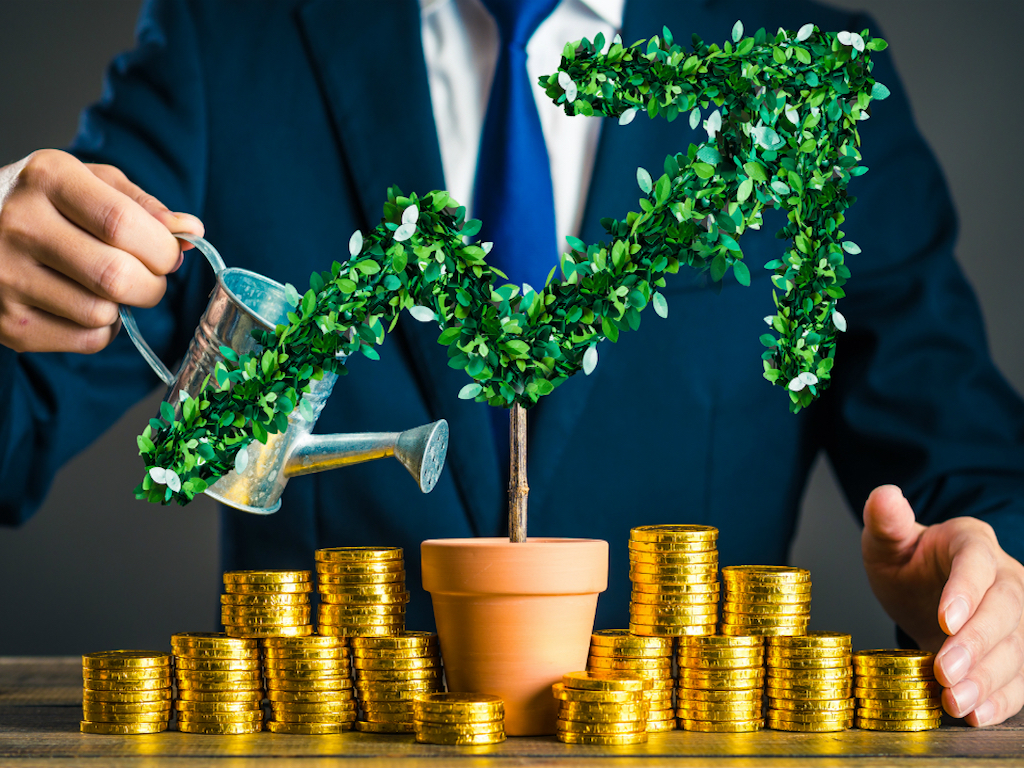4 Mins Read
Impact investment is on the rise in Asia, as the younger generation of investors are looking for a more holistic approach that takes into account positive social and environmental returns. This marks a shift away from the conventional culture of investment, which is typically characterised by a monetary gains mindset, towards strategies that price in the environment and the community. While change in Asia is only in its initial stages of taking place, the growing pool of responsible funds and firms on the market reflects that people are increasingly conscious of their decisions, from the products they purchase to the investments they make. Even some institutional funds and established companies in Asia are jumping on the bandwagon and adopting the approach. But there are still hurdles to overcome.
Impact investment refers to investments made into companies, organisations and funds that seek to generate a measurable positive social or environmental impact in addition to financial returns. Individual investors from the “rich millennial” demographic in Asia are making inroads in the impact investment arena, using their own personal wealth and pushing their family offices to look at deals that create social and environmental impact.
While this step change away from conventional investment strategies that have prioritised gains and wealth preservation might seem like a radical surprise to some, it’s in line with the general consumer climate. An HSBC Jade survey amongst the top elite clients in China found that over 74% prioritised personal growth and making a positive impact over wealth.
“We expect our money to do more than just make more money. We expect our money to actually make a difference,” said managing director of startup and sustainability investment fund District Capital Michael Au in a recent interview with the SCMP.
Indeed, this isn’t just happening on an individual investor basis – we are seeing a growth in new ethically-minded startup firms and funds. Recently, Circulate Capital launched an Ocean Fund dedicated to clean up plastic waste and close the recycling loop in the region. We’ve seen global sustainability initiative Fashion For Good revealing a new Good Fashion Fund to develop a green supply chain in Asia. The world’s first vegan exchange traded fund (ETF) by Beyond Advisors opened for trading in September this year.
READ: McKinsey Partners Tell CEOs To Prepare For Climate Crisis
Established companies are also hopping onto the impact investment train. Within Southeast Asia, sustainability-linked lending is becoming more common, with 10 exchanges across 8 countries now requiring listed companies to report on their environmental, social and governance (ESG) investments. Across the board, global investment focused on long-term impact has hit a record high, topping US$30 trillion in 2018 – and Asian funds represent half of this number.
“Asia is now catching up with Europe as far as ESG and sustainability are concerned,” commented CEO of Singapore commodities trading firm Olam International Sunny Verghese.
In some cases, the marked turn in the culture of investment is toppling over business models and strategies of long-established companies. Thai Union Group, for instance, a major world canned tuna exporter, has implemented a new system to monitor violence on deep-sea fishing ships in an attempt to shield themselves from human rights groups who have exposed the fishing industry for modern slavery.
READ: Salesforce CEO Marc Benioff Calls For New Capitalism
While enormous wealth continues to be generated in the region, there remains pervasive sociocultural norms and practices that hamper “giving.” Noor Quek, the founder and CEO of Singapore-based firm NQ International told Campden FB that older Asian philanthropists tend to fall back on personal networks and family connections when it comes to donating to good causes or investing in impactful businesses.
When it comes to philanthropy, tax incentives play a role in engaging investors. In a talk about impact investment and philanthropy, Dr Ruth Shapiro, founder and CEO of the Centre for Asian Philanthropy & Society (CAPS), highlighted that for both individuals and corporations, the tax deduction rate for charitable donations stands at a mere 35% in Hong Kong, versus 200% in Singapore.
READ: Unilever CEO Announces Divestment From Non-Sustainable Portfolio Companies
Still on the investment side, the main concerns are around measurement and transparency. There remains distrust over the authenticity and efficacy of impact investments. Just as companies have been called out for “greenwashing” with regards to sustainability campaigns that seek to retain consumer appeal more than create actual change, some investors remain cautious that a similar “impact washing” trend could take place in this space. On the measurement side, the main question is: how do you quantify the impact of your investment? While there are various models out there, there is no benchmark for the industry at present. Investors tend to like to have as much data as possible and performance historicals, both of which are difficult to obtain in such a new investment class.
Faced with climate uncertainty and regression on many of the United Nations 2030 goals, Asia needs to progress faster. Impact investment is an important part of the conversation: we need to get mainstream banking, insurance and financial industry on board. If we are to be able to effectively combat the most urgent issue facing the planet today, these major players must take action to stop funding some of the most environmentally and socially destructive operations across the world.
Lead image courtesy of Grupo Aleman.




